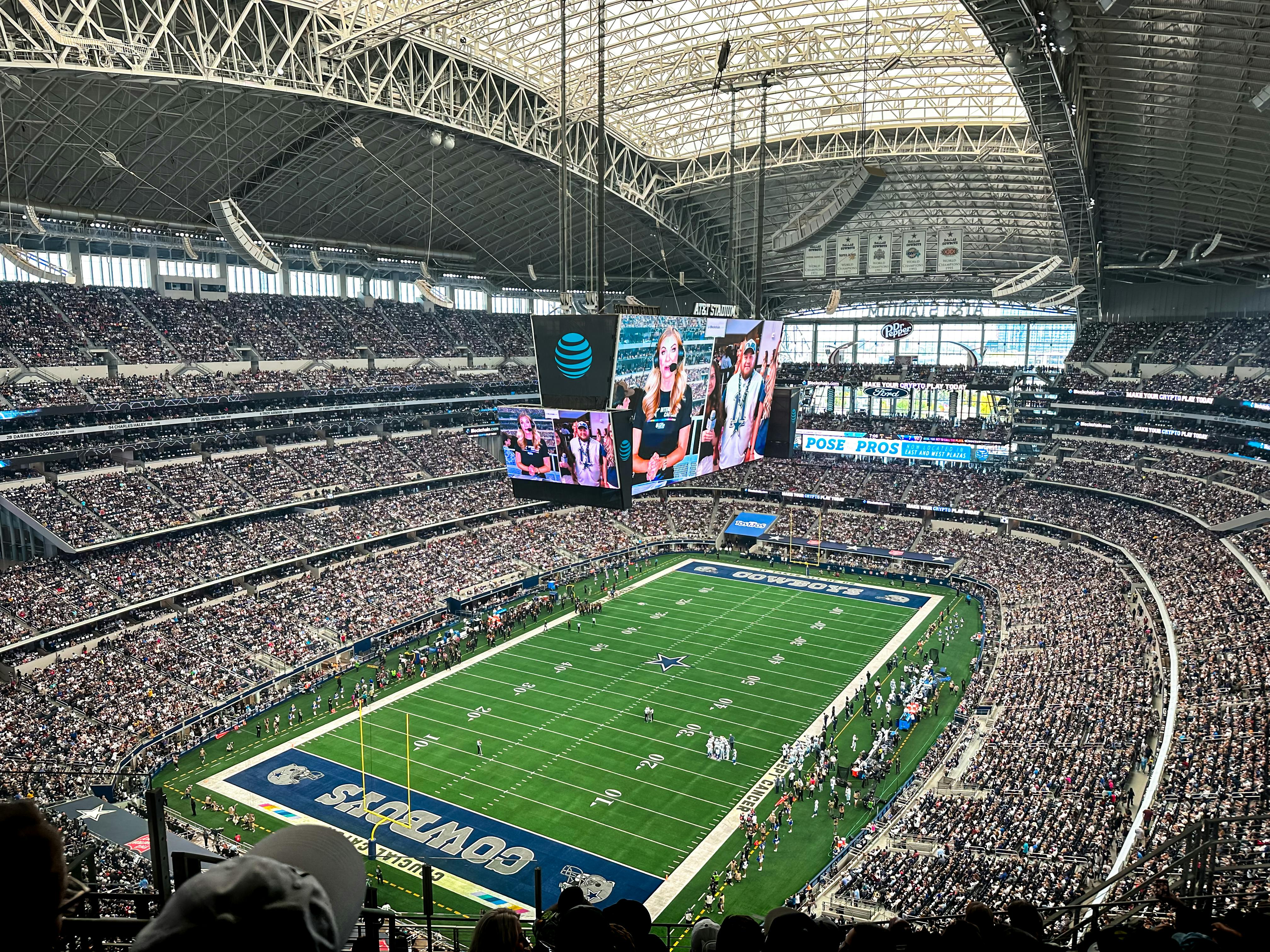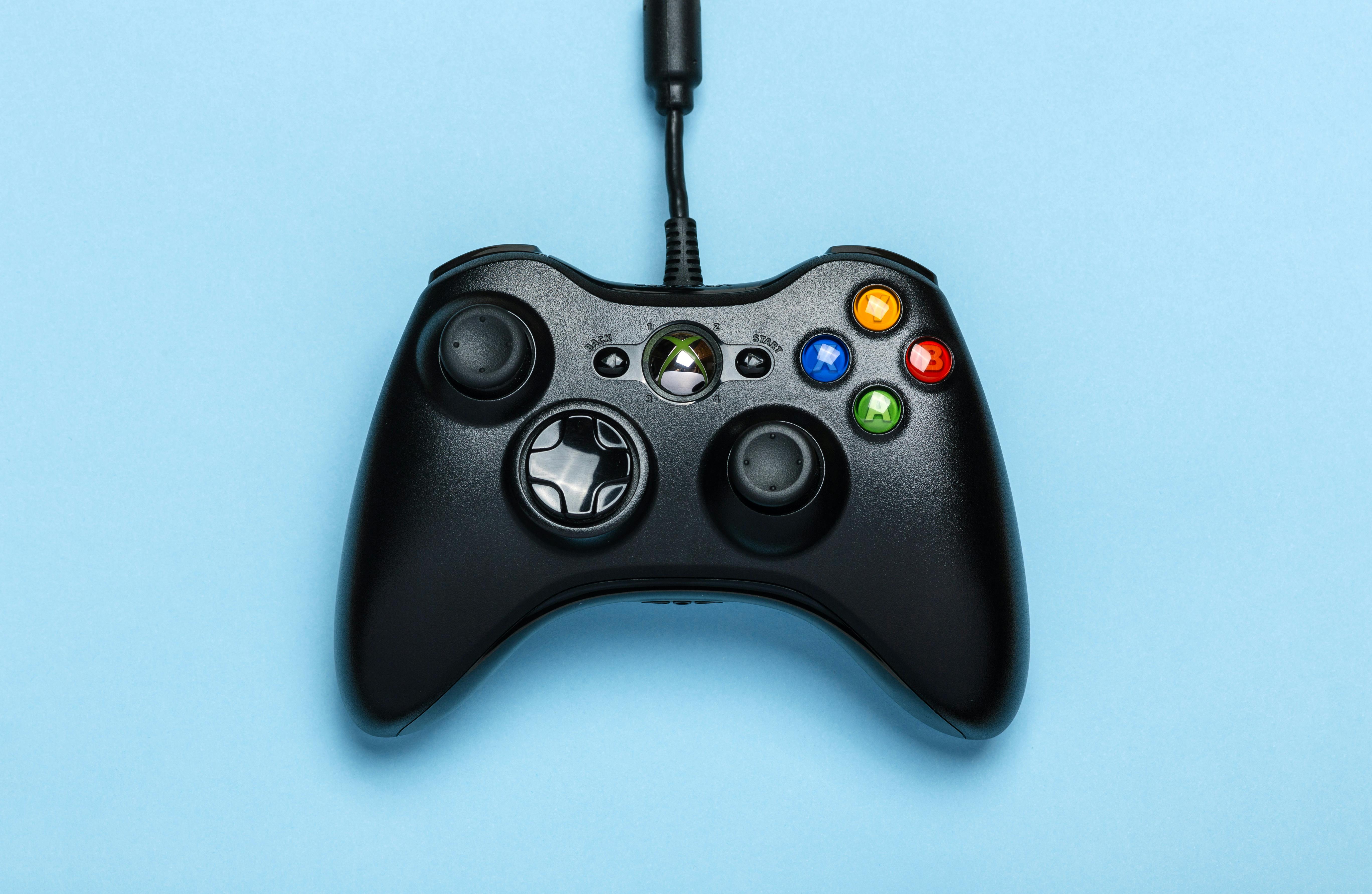What is 5G Home Internet and Should You Switch?
Introduction
The world of home internet is evolving rapidly, and 5G technology is at the forefront of this transformation. With promises of ultra-fast speeds, low latency, and the flexibility to ditch traditional wired connections, 5G home internet is gaining traction as a potential alternative to cable and fiber. But is it the right option for your home?
In this article, we’ll break down what 5G home internet is, how it compares to cable and fiber, and whether making the switch is the best choice for you.
What is 5G Home Internet?
5G, or Fifth Generation wireless technology, is the latest advancement in mobile networks, offering faster speeds and better reliability than its predecessor, 4G. 5G home internet works by delivering internet access via cellular towers, meaning your home connects to the internet wirelessly, much like a smartphone does. This eliminates the need for traditional wired infrastructure like cables or fiber optics.
How Does 5G Home Internet Compare to Cable and Fiber?
1. Speed
5G Home Internet: Depending on the provider, 5G home internet can deliver speeds between 100 Mbps and 1 Gbps. For most households, these speeds are adequate for streaming, gaming, video conferencing, and general web browsing.
Cable: Cable internet typically offers speeds ranging from 50 Mbps to 500 Mbps. However, performance can suffer during peak usage times due to shared bandwidth.
Fiber: Fiber-optic internet is the gold standard, with speeds often reaching 1 Gbps or higher, making it the fastest and most reliable option for heavy internet users.
2. Reliability
5G Home Internet: One of the biggest concerns with 5G home internet is its reliability, particularly in areas with limited 5G coverage or network congestion. In rural or suburban areas, signal strength may vary.
Cable: Cable is generally reliable but can experience slowdowns or outages, especially in bad weather or during peak hours.
Fiber: Fiber is the most reliable option, with minimal downtime and no interference from external factors like weather.
3. Pricing
5G Home Internet: Prices typically range between $50 to $70 per month, with no long-term contracts and no hidden fees, making it a more affordable and flexible option.
Cable: Cable plans vary but often start around $50 to $100 per month, especially when bundled with other services like TV and phone. Many cable providers also require contracts and additional fees.
Fiber: Fiber internet can be more expensive, with prices ranging from $70 to $100 per month, but it offers superior performance and reliability.
4. Availability
5G Home Internet: Both Verizon and T-Mobile are expanding their 5G home internet networks, but availability is still limited in some rural or highly congested urban areas.
Cable: Cable is widely available in most urban and suburban regions but may be harder to access in rural areas.
Fiber: Fiber has the most limited availability, as it requires significant infrastructure investment. It is typically found in larger cities and select suburban areas.
Benefits of 5G Home Internet
- Easy Setup: 5G home internet is often plug-and-play, requiring no professional installation or complex wiring.
- No Contracts: Most 5G providers offer contract-free plans, allowing you to cancel or switch without penalties.
- Affordability: As mentioned, 5G home internet plans are typically more affordable than cable or fiber, with fewer additional fees.
- Mobility: Since 5G operates wirelessly, it can be a more flexible option for people in temporary housing or those frequently on the move.
- Future-Proof Technology: As 5G continues to expand and improve, it has the potential to deliver even faster speeds and more reliable service.
Challenges of 5G Home Internet
- Coverage Limitations: 5G is still being rolled out, and not all areas have strong, consistent coverage, particularly rural regions.
- Congestion Issues: In densely populated areas, network congestion can slow down speeds during peak usage times.
- Signal Interference: Unlike fiber, which uses physical cables, 5G relies on radio waves that can be affected by obstacles like buildings or bad weather.
- Device Compatibility: Not all routers or devices are compatible with 5G networks, meaning you may need to upgrade your equipment.
Current Trends in 5G Home Internet
- Rapid Expansion: Providers like Verizon and T-Mobile are aggressively expanding their 5G home internet services, aiming to reach millions of households within the next few years.
- Affordable Pricing: Many 5G home internet plans now offer competitive pricing, often undercutting traditional cable providers.
- Improving Technology: With ongoing advancements in 5G technology, speeds and reliability are expected to improve, making it an even more attractive option for home users.
- Bundling with Mobile Plans: Providers like T-Mobile are offering discounts for customers who bundle their 5G home internet with mobile services, creating even more savings opportunities.
- Increased Competition: As 5G home internet becomes more widely available, competition between providers is heating up, leading to better deals and enhanced services for consumers.
Practical Tips: Should You Switch to 5G Home Internet?
- Check Availability: Before making the switch, confirm whether 5G home internet is available in your area by using coverage maps from Verizon or T-Mobile.
- Test Your Current Speeds: If you’re satisfied with your current speeds, you may not need to switch. However, if you experience frequent slowdowns or outages, 5G may offer an upgrade.
- Compare Plans: Look at your current internet bill and compare it to 5G plans in your area. Consider not just pricing but also speed and reliability.
- Try a Free Trial: Both Verizon and T-Mobile offer risk-free trials of their 5G home internet service, allowing you to test the speeds and reliability before making a long-term decision.
- Consider Your Usage Needs: If you’re a heavy internet user (streaming, gaming, working from home), you may want to ensure that 5G home internet can support your bandwidth needs.
Conclusion: Is 5G Home Internet Right for You?
5G home internet is a promising alternative to cable and fiber, offering fast speeds, easy setup, and competitive pricing. However, it’s important to consider whether it’s the right choice for your household. If you live in an area with strong 5G coverage and don’t require the highest speeds or absolute reliability, making the switch to 5G could save you money and hassle.
However, if you rely on ultra-fast speeds for heavy internet use, or if you live in a region with poor 5G coverage, you might want to stick with fiber or cable for now. As 5G continues to expand and improve, it may soon become a viable option for more households.
Order Now
Ready to explore 5G home internet? Order Verizon 5G Home Internet or Order T-Mobile 5G Home Internet.




